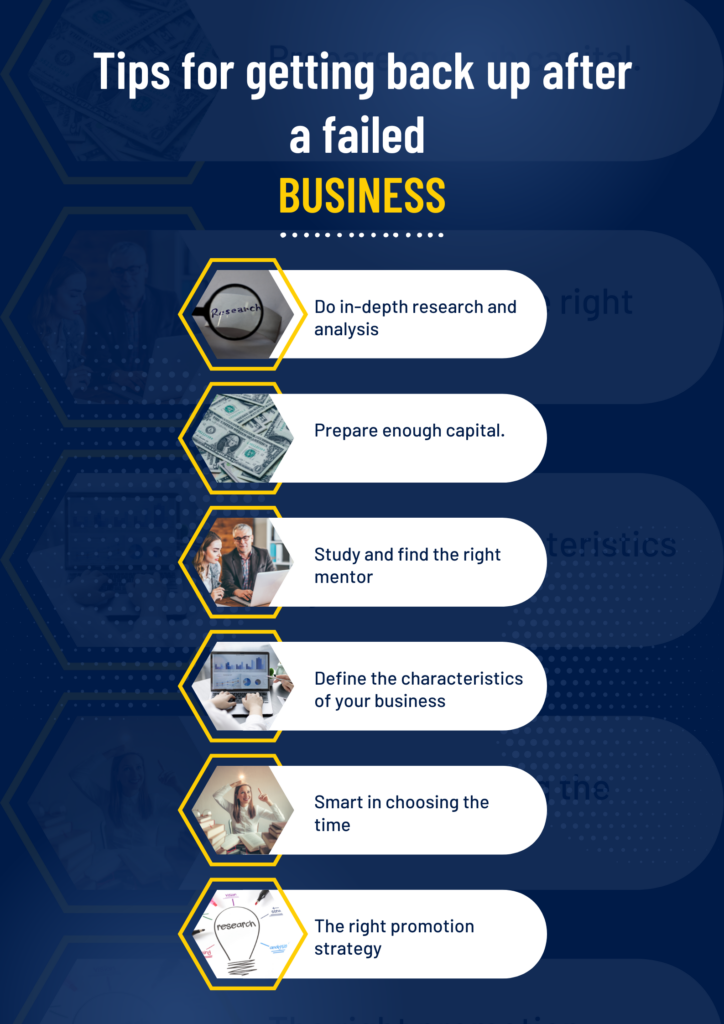For small-business owners, failure isn’t an option, it’s a reality.
“One of the inside secrets of great entrepreneurs, and businesspeople in general, is they are resilient when it comes to failure,”
-Mark Coopersmith, co-author of “The Other ‘F’Word: How Smart Leaders, Teams, and Entrepreneurs Put Failure to Work ” and a faculty member at the University of California, Berkeley’s Haas School of Business. “Failure happens a lot.”
What can set you apart is how you respond to failure at the moment, and what you learn from it when you look back.
After you’ve shut down your business, give yourself some time to relax.
According to Penny Pompei, who mentors small company owners in the Palm Beach, Florida, area and is a qualified SCORE mentor, a business loss can feel like the passing of a friend. Grieving the loss is appropriate.
“Stop and breathe,” Pompei advises before looking into what occurred.
“All you need to do is be able to decompress and give yourself the space and time to mourn.”
You don’t have to respond straight away if someone asks why your company failed.
Pompei advises against trying because assigning blame will be your first instinct. “You don’t truly know what occurred yet,”
Identify the problem.
When you’re prepared to reflect on your company, experts advise gathering dependable stakeholders for a postmortem, including clients, partners, important workers, investors, and funders.
What were the threats that we missed? This is a good place to start.
Here are 6 tips for you to get back up stronger than ever before –

One of the best methods for modern firms to start along the path to success is through this-
” India’s first-ever Startup Ecosystem “
The one-stop solution to all your startup problems. From tech team to funding, to brand building and even legal network, we have it all covered for you!
WHAT DO WE COVER?
👉Funding
👉Tech
👉Branding
👉Legals
👉Expertise